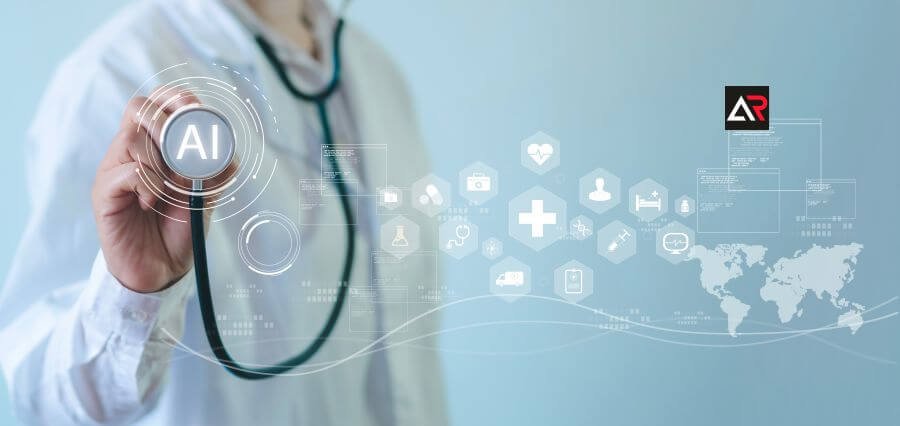Revolutionizing Healthcare
Access to appropriate healthcare is a vital issue in rural Africa in general. Huge distances, poor roads, and lack of health facilities have denied millions immediate access to care. Mobile clinics are now being described as a breakthrough answer to that goal, taking healthcare to individuals who had no or little access to it in the first place. These healthcare facilities are not only improving the health outcomes but also redefining the way healthcare services are being delivered in rural Africa.
Mobile clinics are literally wheeled medical offices. They are fully stocked with medical equipment, diagnostic tools, and staffed by trained health workers. They reach the rural villages, frequently hundreds of miles from the next city, and provide services that range from routine check-ups to specialty care, including child and maternal healthcare, immunizations, and chronic disease management. Through providing healthcare in the field, mobile clinics eliminate one of the biggest barriers rural citizens have to overcome: distance.
The greatest evident effect of mobile clinics is child and maternal health. The pregnant woman in the majority of African villages must travel far to the nearest hospital or health center, and if something goes wrong, it is a death sentence. Mobile clinics provide antenatal, delivery, and postnatal care, which saves infant and maternal life. Aside from that, the majority of clinics also offer children’s vaccination programs, which are quite significant in preventing diseases like measles, polio, and tuberculosis.
Infectious disease prevention is also available from mobile clinics. Malaria, HIV/AIDS, and tuberculosis continue to be epidemics in Africa. Screening, treatment, and education interventions are taken directly to the communities by mobile clinics that enable early diagnosis and adherence to treatment procedures. Not only is the health of the individual improved, but infectious diseases are not transmitted as well, especially for populations with high mobility.
A second significant benefit of mobile clinics is a focus on prevention of disease and preventive medicine. Rural society remains less informed about healthy habits in relation to overall health as well as prevention of disease. Lectures by educative health workers regarding diet, hygiene, family planning, and prevention of chronic disease are all offered. By informing people, the clinics are preventing illness in the first place, thus reducing overall cost to the health system.
Technology integration has also enhanced the productivity level of mobile clinics. Telemedicine consultation through distant, electronic notes, and mobile diagnostic equipment allows it to be convenient for health providers to be productive and accurate in care. For instance, a mobile clinic can conduct blood tests in the field and have them relayed to a central hospital to be analyzed by specialists. Even follow-up treatment can be conducted remotely now, eradicating several round trips. This convergence of mobility and technology is a new means of closing the health gap in rural Africa.
Community participation is also one of the success factors for mobile clinics. Community health workers, volunteers, and leaders tend to join forces with mobile health teams to determine where the highest need lies and to promote the use of healthcare programs. Health care that happens at the community level builds trust, decreases the stigma around some diseases, and provides culturally appropriate care that is acceptable to the community at large.
While as effective as they are, mobile clinics are broken-down, poorly maintained vehicles, and unskilled health workers. Governments, nongovernmental organizations, and international agencies are now becoming more aware of investing in mobile health infrastructure if they are to be sustainable. The use of local people and out-of-the-box funding is key to scaling up the services on the continent.
Simply put, mobile clinics are transforming rural African delivery of health care services by bringing much-needed services to where they are needed most. They bridge enormous gaps in maternal and child health, disease prevention, and health education and leverage technology to automate services. With their increasingly wider and wider outstretched wings, mobile units present an irresistible display of gap filling in the field of health, improving public health outcomes, and strengthening communities across Africa. Through their vision of health delivery and accessibility, mobile clinics not only save lives but present a window to a healthier, fairer future.




